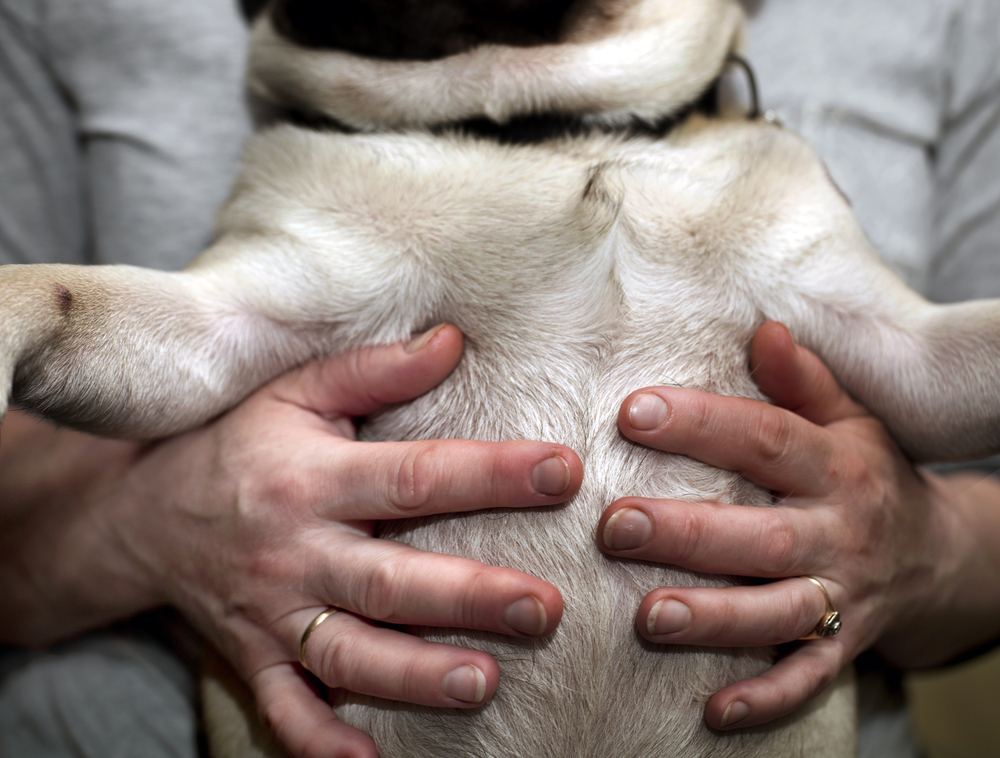Tummy Troubles: Pet Stomach Problems and How to Resolve Them

Pets explore the world with their mouths. They will try a bite of almost anything in their paths, and it is no surprise that their favorite pastime is eating. When a pet overindulges or has stomach upset, it can be uncomfortable for them and sometimes trigger an emergency.
Pet stomach problems are a common concern and a frequent reason for visits to our emergency room. The team at Oakland Veterinary Referral Services is here to explain reasons for tummy troubles and their prevention. Read on to learn more.
Symptoms of Pet Stomach Problems
Like us, pets can suffer from digestive issues that show up as an array of symptoms, from nausea and vomiting to diarrhea and excess gas. No matter what the reason, there are typical signs that your pet is experiencing stomach problems.
- Belching or burping
- Rumbling stomach
- Nausea
- Diarrhea
- Lack of appetite
- Weight loss
- Constipation
Unfortunately, some symptoms can be vague. A rumbling of the stomach may be that your pet ate something off, or that they ate too much, but it can also indicate that something more serious is occurring.
If the problem becomes worse, it can manifest as severe symptoms, like:
- Dry heaving
- Dehydration
- Blood in stool or vomit
- Straining to defecate
Common Pet Stomach Problems
There is quite a list of things that can be the reason a pet develops tummy troubles.
- Intestinal parasite
- Worms
- Bacterial infection
- Viruses
- Your pet ate something they shouldn’t have
- Change in diet
- Overeating
- Stress
- Food allergy
- Ingestion of foreign object
- Illness
The list is long when it comes to reasons for pet stomach problems. The only way to get to the bottom of the issue is through examination and testing at your animal hospital. Certain conditions that trigger abdominal upset can become fatal, like poisoning or bloat.
If your pet is experiencing any of these symptoms, please call us or go to your local veterinarians to have your pet assessed and treated.
Prevention of Pet Digestive Issues
One of the most effective ways you can prevent stomach issues in pets is to monitor them closely and address what they eat. Obviously, avoid giving them anything that might be poisonous, like chocolate or grapes. If you can, supervise your pet when they are outdoors to avoid having them ingest something that can cause stomach problems.
Other steps to prevention include:
- Feed a healthy, well-balanced diet and avoid people foods
- Keep your pet’s parasite preventives and vaccines current
- If you must switch your pet to another diet, do so slowly by mixing in a little of the new diet over a 2-week time frame
- Keep garbage and compost bins covered
- Bring a fecal sample once a year to your pet’s wellness visit for internal parasite screening
We hope these suggestions help in keeping the tummy troubles at bay for your furry friend. In a perfect world, our pets would be a little more discerning about what they eat. With some precautions, you can keep your pet’s tummy in good health.
If you would like to learn more about pet stomach problems, or to schedule an appointment with our team, please call us.


